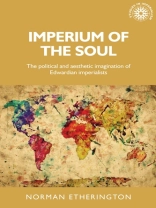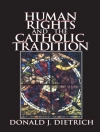Some of the most compelling and enduring creative work of the late Victorian and Edwardian Era came from committed imperialists and conservatives. Their continuing popularity owes a great deal to the way their guiding ideas resonated with modernism in the arts and psychology. The analogy they perceived between the imperial business of subjugating savage subjects and the civilised ego’s struggle to subdue the unruly savage within generated some of their best artistic endeavours.
In a series of thematically linked chapters Imperium of the soul explores the work of writers Rudyard Kipling, Joseph Conrad, Rider Haggard and John Buchan along with the composer Edward Elgar and the architect Herbert Baker. It culminates with an analysis of their mutual infatuation with T. E. Lawrence – Lawrence of Arabia – who represented all their dreams for the future British Empire but whose ultimate paralysis of creative imagination exposed the fatal flaw in their psycho-political project. This transdisciplinary study will interest not only scholars of imperialism and the history of ideas but general readers fascinated by bygone ideas of exotic adventure and colonial rule.
Mục lục
Introduction
1. Rider Haggard, imperialism and the layered personality
2. Love and loathing: Rudyard Kipling’s India
3. How Herbert Baker created an architecture of imperial power
4. Joseph Conrad: Kipling’s secret sharer
5. Elgar and the Gordon Symphony
6. John Buchan and the loathly opposite
7. Lawrence of Arabia: great white hope of the Edwardian imperial romancers
Epilogue: The death-knell of the imperial romance and imperial rule
Index
Giới thiệu về tác giả
Norman Etherington is Professor Emeritus of Imperial and Commonwealth History at the University of Western Australia












